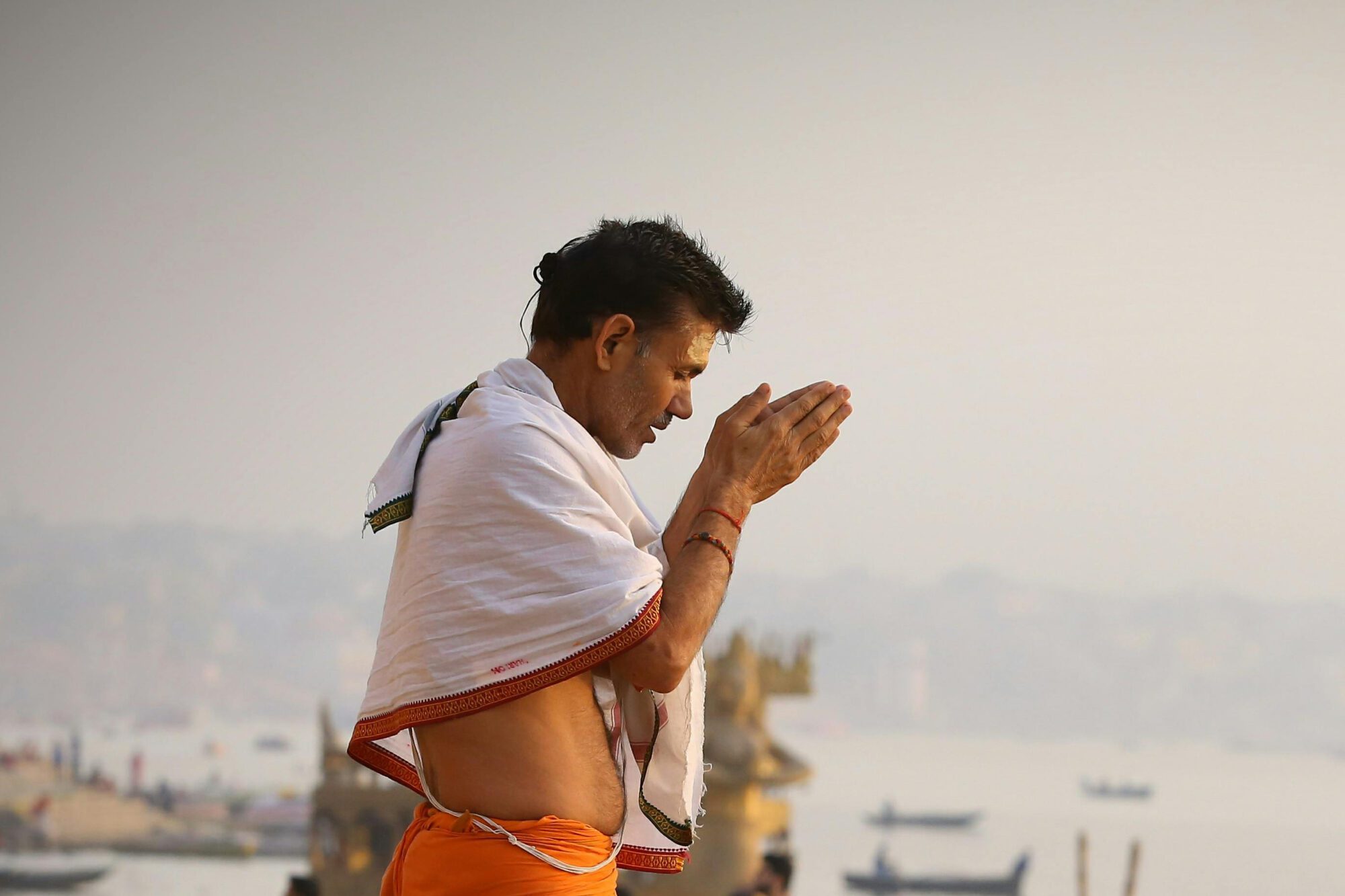Every day, we show ingratitude. Humans are ungrateful because they are eternally dissatisfied. In our quest for infinite desire, we always forget to recognize and thank what is given to us. Sometimes without realizing it, and sometimes on purpose (in which case we suBer the most). What if, instead of being ungrateful, we were always grateful? What if, instead of focusing on ourselves, we focused on others? In the transition from ingratitude to gratitude lies an immense source of happiness.
Ingratitude begins when we forget to recognize that the essential does not come from us. In the modern world, where human beings are characterized by individualism, we are constantly showing ingratitude. First and foremost, we are ungrateful to nature. Every minute of every day is made possible by nature, through the air we breathe, the water we drink, the food we eat – all in the biological masterpiece that is the human body. Every day, nature enables us to stand on our own two feet, and yet we turn it into a poison: we drain oceans, raze forests, burn land… And we do the same with ourselves, by consuming toxic products, swallowing processed foods, exposing our bodies to stress… The first thing we need to do is to be grateful to nature. This should be the prerequisite for any action, and should encourage us to consume more healthily and soberly, to adopt a lifestyle in balance with what is oBered to us, to respect nature and ourselves at the same time.
In society, ingratitude is also collective when we forget to be grateful to the people who make our lives better every day, whether they be nurses, firefighters, teachers, farmers… These invisibilized people who, in a world where financial success predominates, occupy jobs that are useful to all, far removed from material concerns. The least we can do for them is to value them, not out of occasional interest (as we do when we’re confined), but by thanking them every day, in discussions, political or militant actions… By acting on their behalf, without counting the cost, to remind everyone that their profession is essential to all of us.
Ingratitude is also, and very often, shown towards those closest to us, whether friends, partners or parents. People with whom we are sometimes so demanding that we become ruder than with others. To whom we take friendship or love for granted, forgetting that every relationship is nurtured by mutual kindness. Gratitude towards them requires an active presence, special attention, implacable respect and constant acts of generosity.
Finally, we also demonstrate other ingratitude, including towards history when we repeat the mistakes of the past, and towards knowledge and science when we interpret the memory of those who have gone before us…The antidote to ingratitude is sincere gratitude. Not by feeling guilty for having received, but by showing gratitude without limits and on a permanent basis. Realize this and give thanks for everything that allows us to exist and live.
Most of the time, gratitude is self-imposed. It creates a feeling of guilt when someone helps us without expecting anything in return, as in Hegel’s parable of the master and the slave, where the master comes to depend spiritually on the slave for the work he does for him. In the end, gratitude comes naturally, and above all demonstrates the fundamental importance of altruism. The transition from ingratitude to gratitude is a narrow one, because it requires us to make the eBort of no longer thinking for ourselves, but for others. Nevertheless, it enables us to move from a feeling of tension and withdrawal to a feeling of giving, transmission and detachment. This transition is the condition for a fulfilled life, the condition for a harmonious society.
